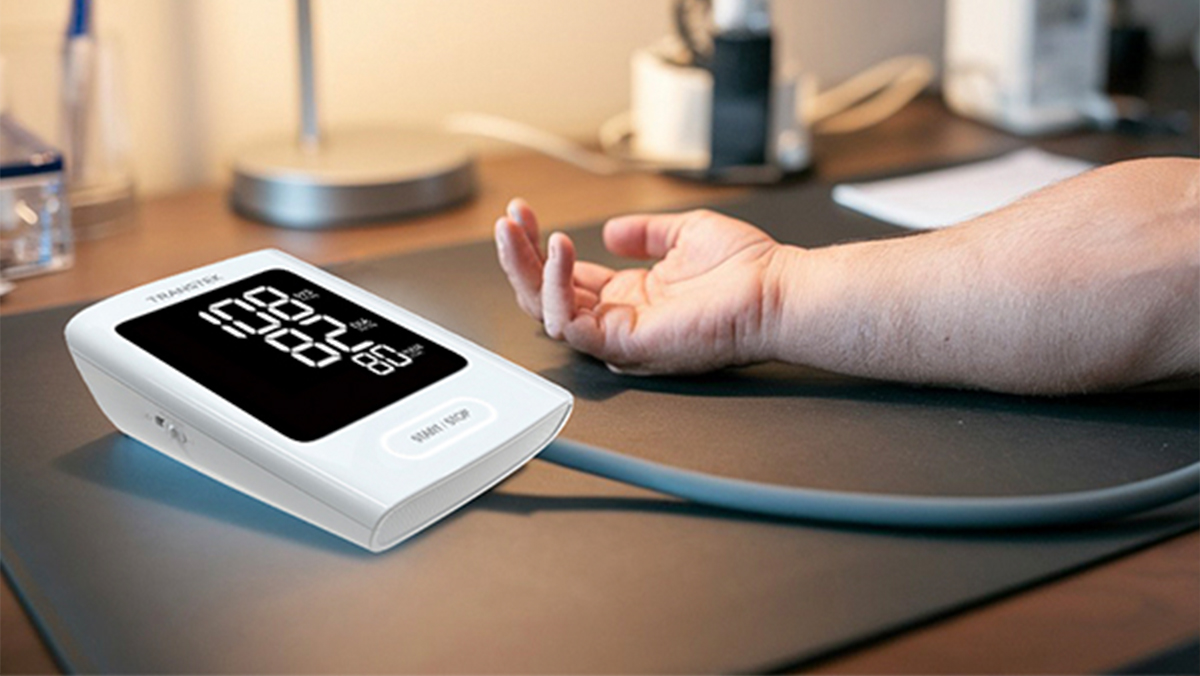Diabetes significantly influences blood pressure regulation, often leading to hypertension. Understanding how diabetes affects blood pressure is crucial for managing the health of individuals with this condition.
Diabetes can significantly disrupt blood pressure regulation through mechanisms like insulin resistance and damage to blood vessels and kidneys, leading to increased cardiovascular risks.
Insulin Resistance and its Role: Insulin resistance, common in type 2 diabetes, leads to elevated insulin levels, causing the kidneys to retain sodium and water, which increases blood volume and pressure. This condition also stimulates the sympathetic nervous system, raising heart rate and vascular resistance, further exacerbating hypertension.
Damage to Blood Vessels and Kidneys: Chronic high blood sugar damages blood vessels and kidneys, impairing their ability to regulate blood pressure. Vascular damage reduces elasticity and promotes atherosclerosis, while kidney impairment leads to fluid retention, both contributing to elevated blood pressure and heightened cardiovascular risk.
Hypertension is prevalent among individuals with diabetes, particularly type 2. Studies indicate that 50% to 80% of type 2 diabetes patients experience hypertension, contrasting with about 30% of those with type 1 diabetes. This suggests a significant link between insulin resistance and hypertension in type 2 diabetes. A prospective cohort study involving 12,550 adults aged 45 to 64 found that those with hypertension were nearly 2.5 times more likely to develop type 2 diabetes compared to those with normal blood pressure. (Sources: .Resistant Hypertension and Risk of Adverse Events in Individuals With Type 1 Diabetes: A Nationwide Prospective Study and Blood Pressure and the Risk of Developing Diabetes in African Americans and Whites and Diabetes and Hypertension: Is There a Common Metabolic Pathway )
